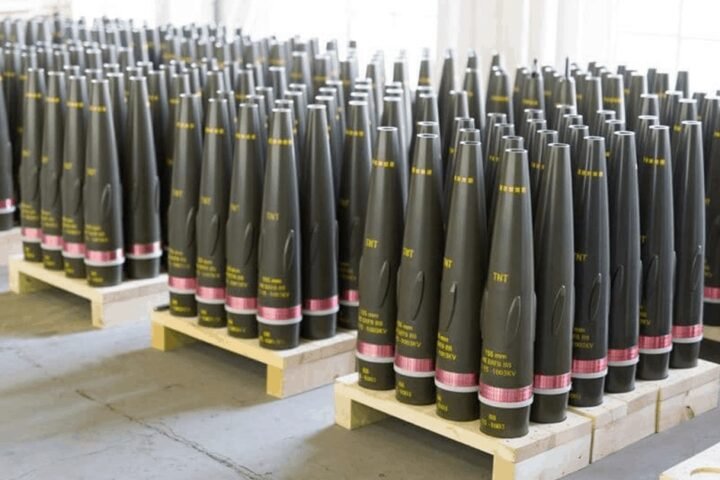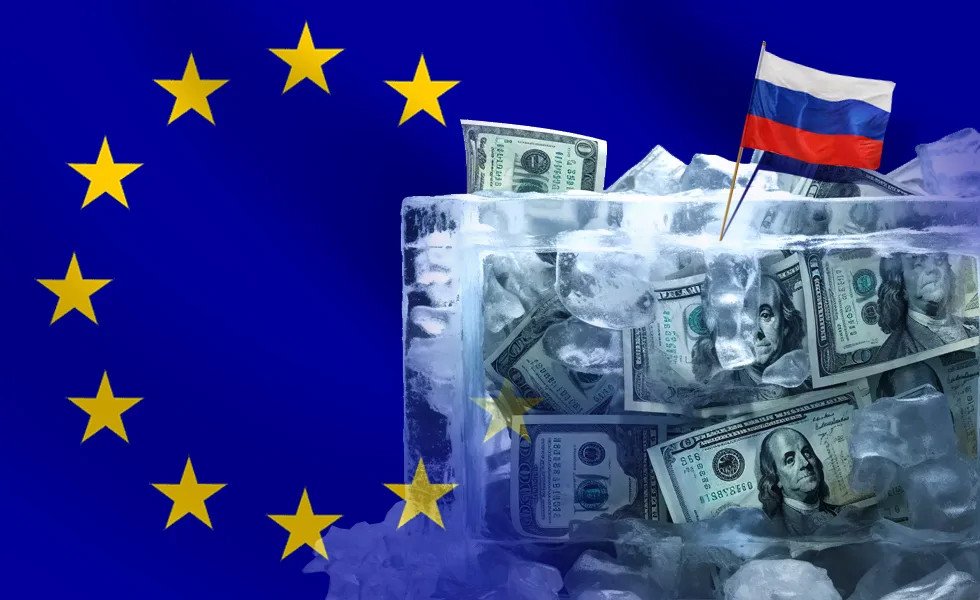Ukraine marked a record increase in rapeseed oil exports in September 2025, sending 108,800 tonnes abroad, 4.5 times more than in August of the same marketing year. Of this total, 92,000 tonnes — or 85% of the country’s rapeseed oil exports — were shipped to EU nations, re-establishing Ukraine as the leading supplier to the bloc. Previously, according to the European Commission data, Kenya had dominated EU imports in July–August 2025, but Ukraine overtook this position for the July–September period. The shift is attributed to policy measures, including an export duty on rapeseed introduced on September 4, 2025, which boosted domestic processing and production of rapeseed oil for export.
Strategic importance of Ukrainian rapeseed oil for EU supply chains
Ukrainian rapeseed oil imports form a substantial raw material base for the EU’s processing industries, serving sectors such as food production, biodiesel, and animal feed. This supply supports the EU’s internal market and processing capacity, enabling manufacturers to plan with confidence and reduce the risk of shortages.
Economic and geopolitical impact of exports to the EU
Ukraine’s position as a major supplier strengthens European economic ties, offering a strategic advantage amid ongoing tensions with Russia. Large-scale exports of rapeseed oil contribute to EU food security, especially as domestic production declines. Such trade reinforces mutual economic stability and supports Ukraine’s economy during conflict.
Competitive benefits and logistical advantages
Ukraine’s proximity to major EU markets lowers logistical costs compared to more distant suppliers. Exporting processed oil rather than raw materials also benefits the EU by providing ready-to-use products, reducing processing and transport costs. This dynamic fosters price competition, potentially lowering costs for European importers and processors.
Strengthening resilience in the European market
The robust supply from Ukraine offers the EU a reliable and competitive source of rapeseed oil, enhancing resilience in critical supply chains. This relationship supports both long-term strategic cooperation and the economic stability of Ukraine amid wider regional challenges.
Ukraine’s export growth in rapeseed oil underscores the interconnectedness of energy, food security, and geopolitical strategy in Europe. The recent surge reflects not only market demand but also deliberate policy choices that could reshape supply chain dynamics for years to come.









